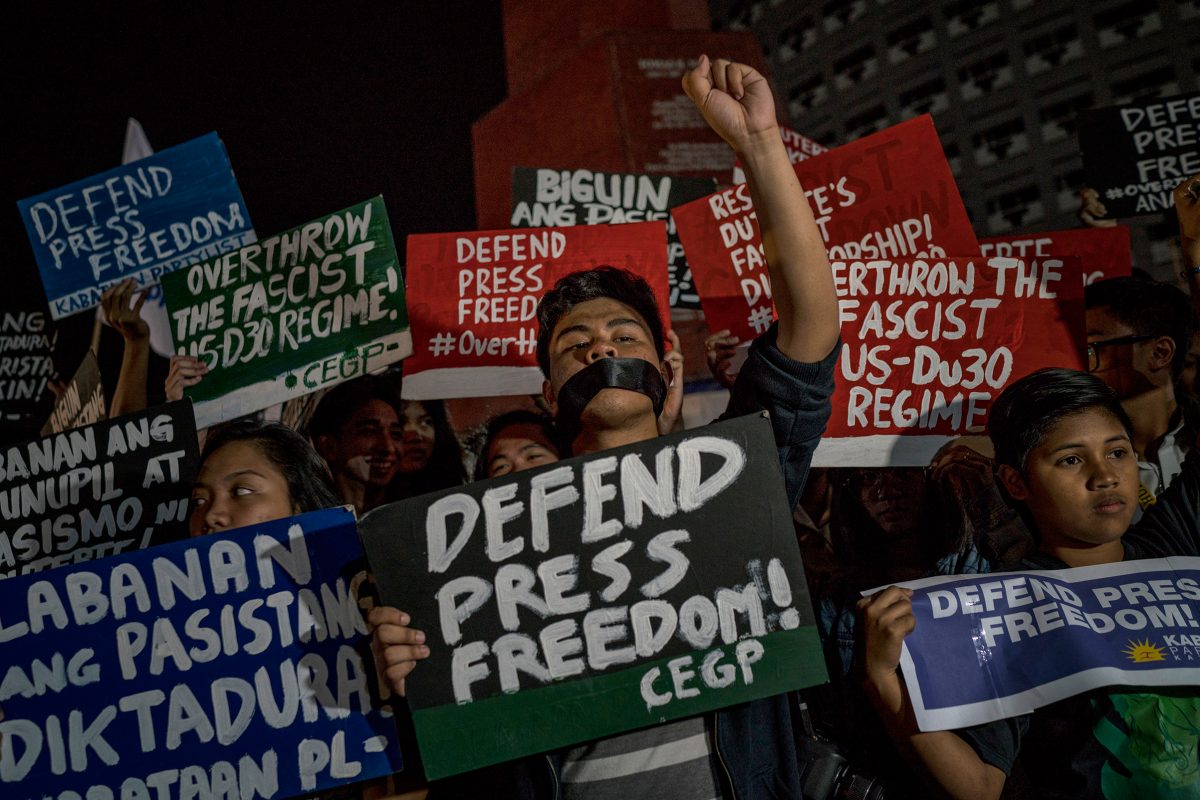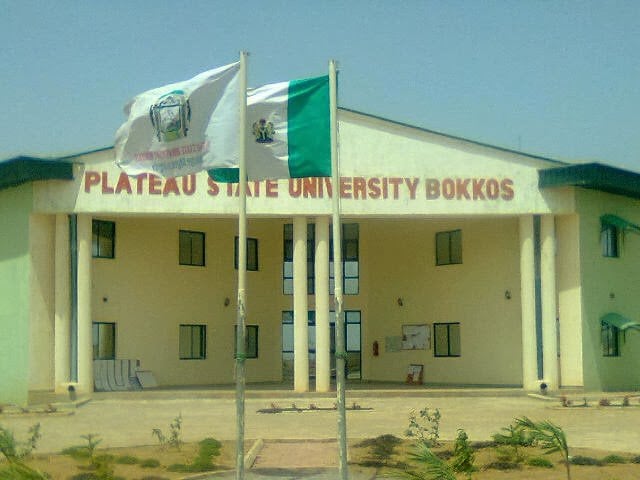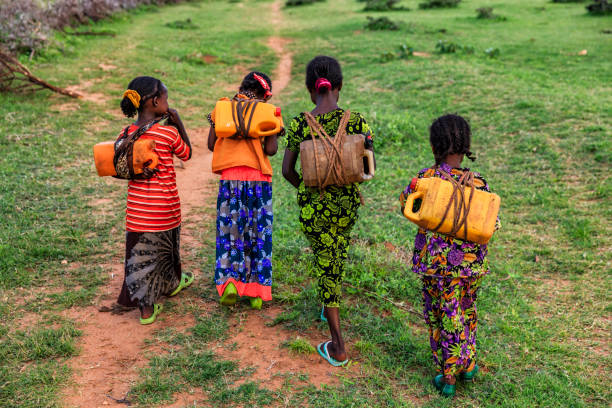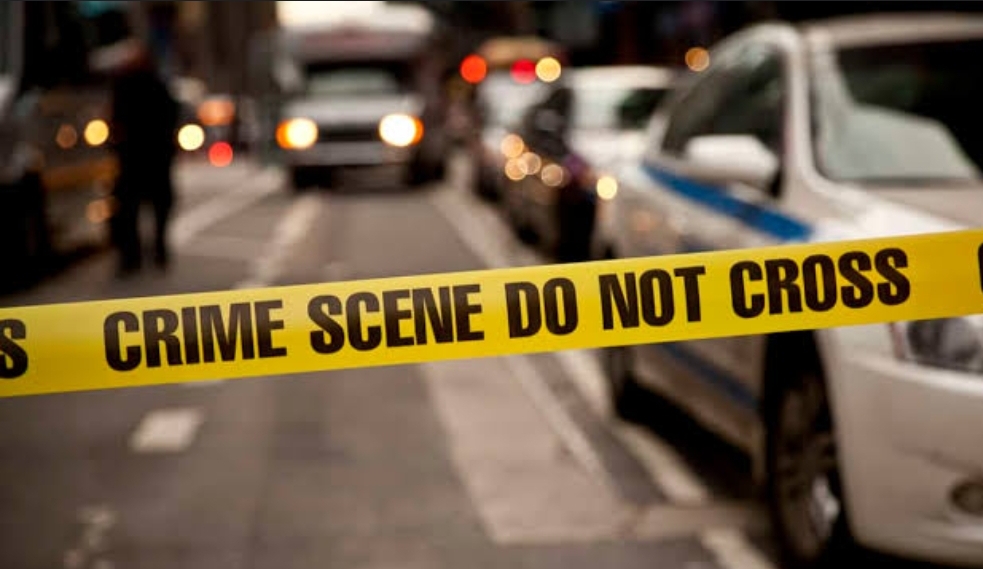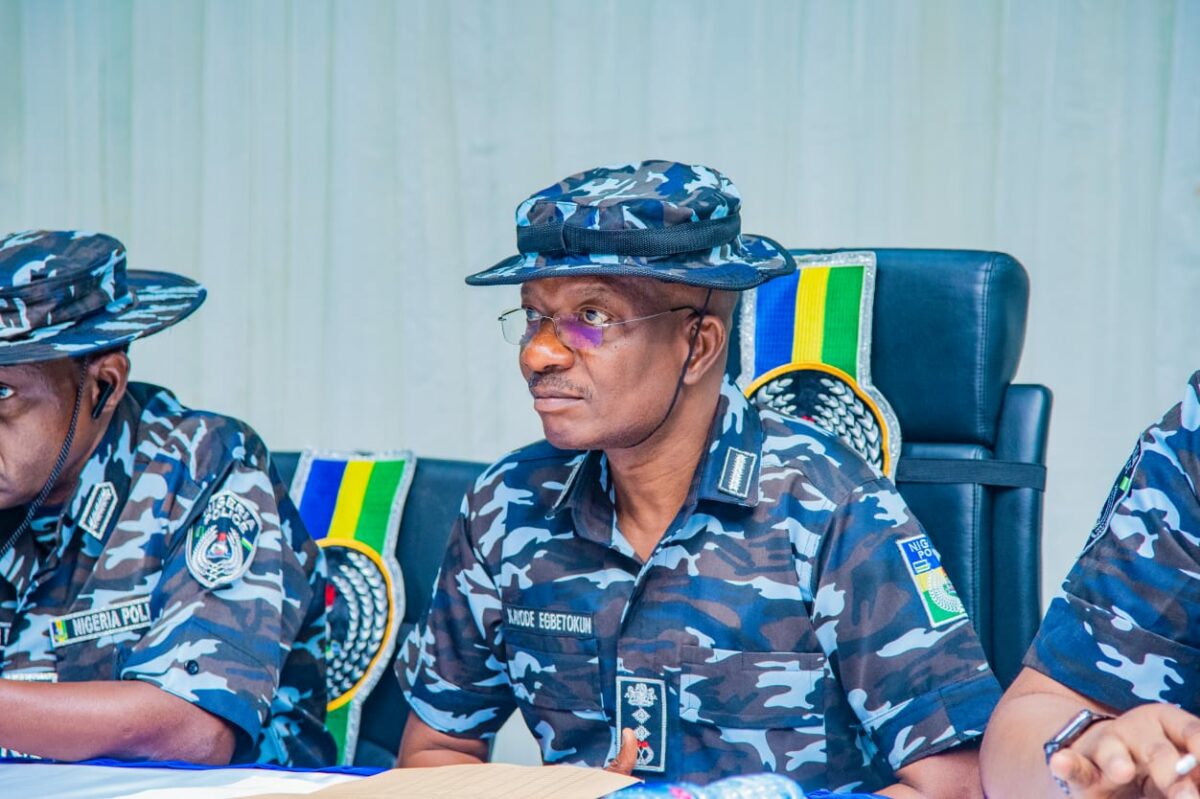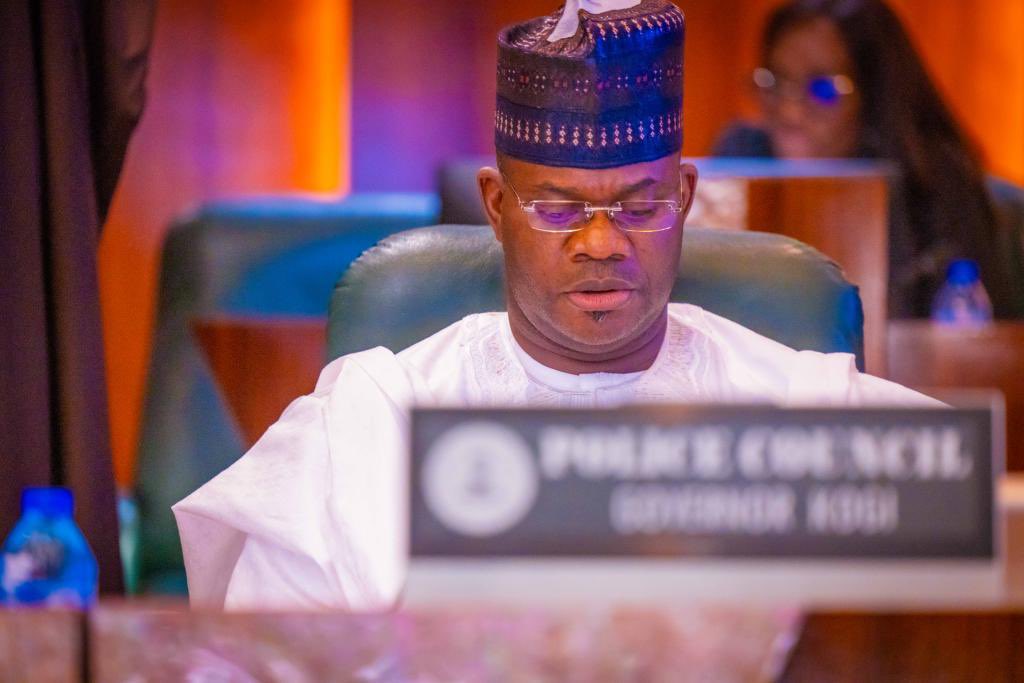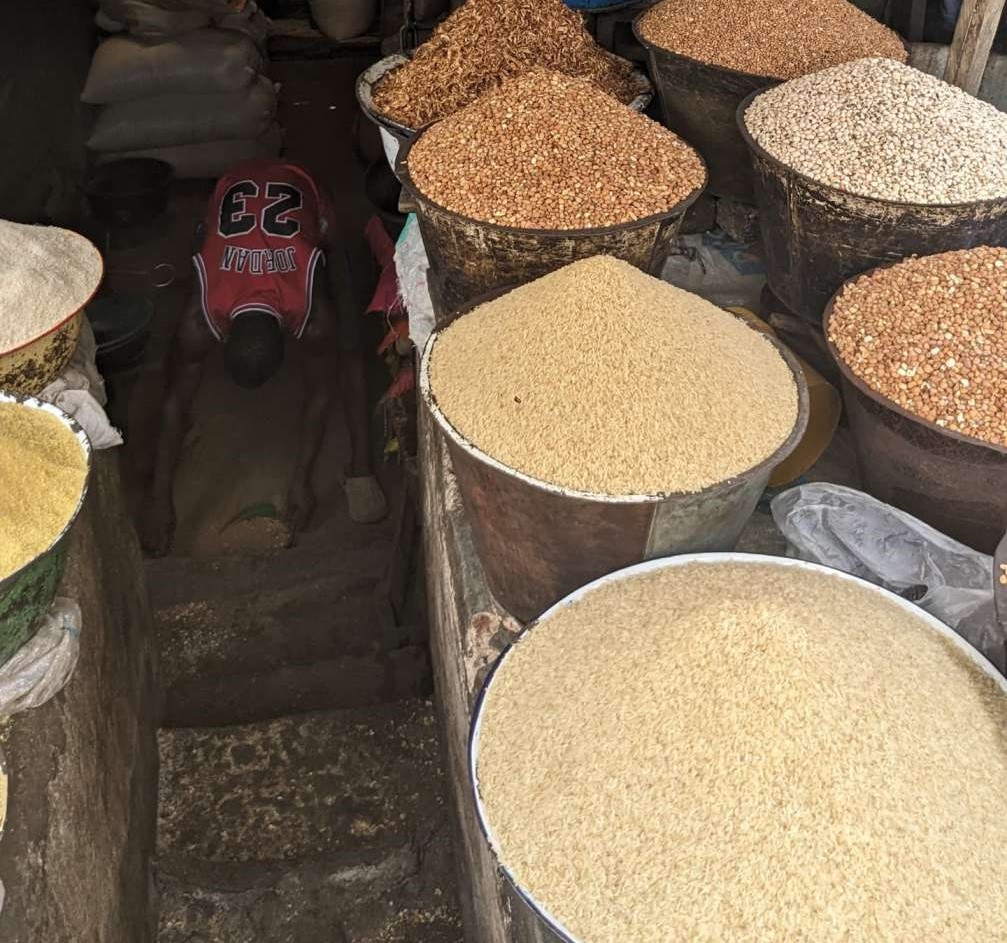Nigeria now ranks 129 out of 180 countries in the 2022 World Press Freedom Index compiled by Reporters Without Borders (RSF). This means the country has fallen nine places behind, when compared to its 2021 rank of 120.
While analysing Nigeria’s tolerance for journalists and free press, RSF said the country has become one of the most hostile places to journalists in West Africa, as they are often “watched, attacked, arbitrarily arrested and even killed”.
“Nigeria is one of West Africa’s most dangerous and difficult countries for journalists, who are often watched, attacked, arbitrarily arrested and even killed,” the report reads.
RSF also referenced government’s censorship of print and broadcast media outfits in the country, highlighting how the same government denied internet users in Nigeria access to Peoples Gazette, an online newspaper.
Another instance of press censorship was the seven-month Twitter suspension imposed by the country’s government in June 2021.
“The level of governmental interference in the news media is significant. It can involve pressure, harassment of journalists and media outlets, and even censorship,” RSF wrote.
READ ALSO: Nigeria Ranks 120th of 180 Countries in Press Freedom Index
“In 2021, the Peoples Gazette news site was blocked after it revealed that privileges were given to the son of a member of the president’s inner circle. Twitter was suspended for seven months after it deleted one of the president’s tweets. Media outlets were ordered to delete their Twitter accounts as a ‘patriotic gesture.'”
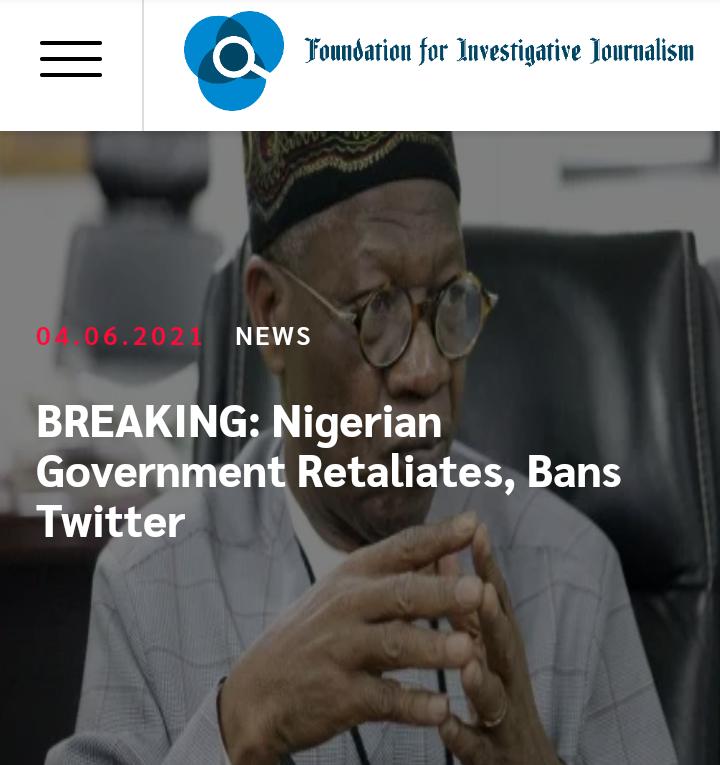
PRESSMEN KICK AGAINST NBC’S ATTEMPT TO GAG MEDIA
In July 2021, the Nigerian public learnt of an attempt by the National Broadcasting Commission (NBC) to gag the media.
In a letter dated July 7, and signed by Francisca Aiyetan, Director of Broadcast Monitoring for the NBC, the commission directed radio and television stations not to ‘glamourise the nefarious activities of insurgents, bandits and kidnappers’ in their reports.
The letter was signed on behalf of Balarabe Ilelah, NBC’s Director-General.
Reacting to the move, the Nigerian Guild of Editors (NGE) kicked against it, and expressed fears that it may be an attempt to hinder newspaper review on broadcast stations.
READ ALSO: Nigerian Press Freedom in Danger Under Buhari, Says US Think Tank
‘INFORMATION BLACKOUT’ OVER NPC, NBC ACT AMENDMENT BILLS
On July 12, 2021, major Nigerian newspapers published an image to represent the gagged press, with a caption that read, ‘Information Blackout’.
The message, sponsored by the Nigerian Union of Journalists (NUJ), Nigerian Guild of Editors (NGE) and Newspaper Proprietors’ Association of Nigeria (NPAN), was in response to a bill seeking to amend the Nigerian Press Council (NPC) and the National Broadcasting Commission (NBC) Act.
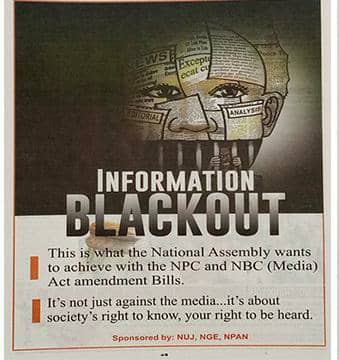
The bill was sponsored by Olusegun Odebunmi, Chairman, House of Representatives’ Committee on Information, National Orientation, Ethics and Values, with the aim of making the Nigerian media industry a subsidiary of the Federal Ministry of Information.
Odebunmi suspended the bill a day after the mass action.
JOURNALISTS ARRESTED, DETAINED FOR EXPOSING ILLS
There have also been several instances of pressmen suffering harassment in the hands of security officials and government agencies.
On January 2, FIJ reported how the Kaduna State Government arrested and detained Luka Binniyat, an Epoch Times reporter who reported Southern Kaduna killings.
READ MORE: For Reporting Southern Kaduna Killings, el-Rufai’s Gov’t Detains Journalist
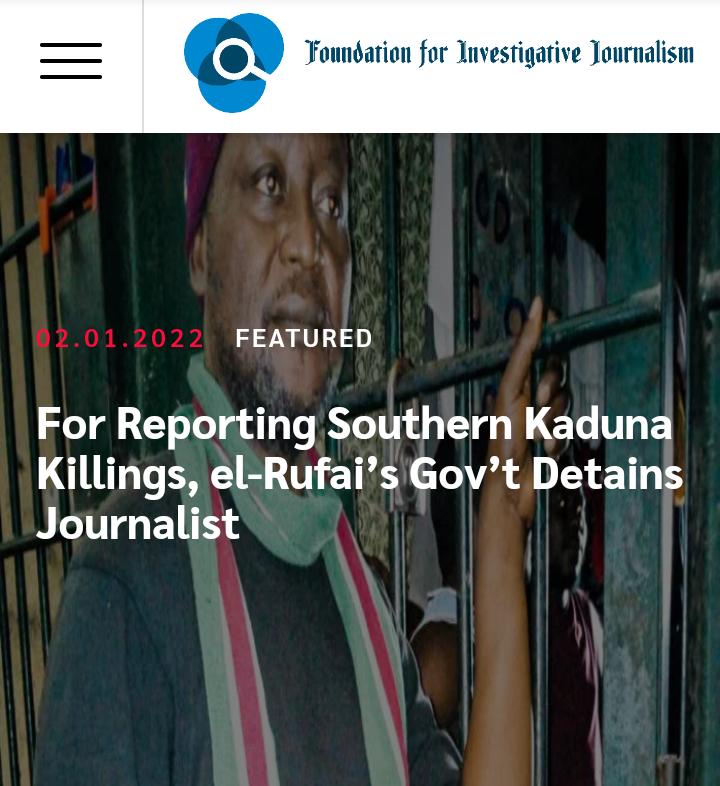
On December 13, 2021, Fisayo Soyombo, FIJ Founder and Editor-in-Chief, was detained at the Force Headquarters, Abuja, by the police.
Soyombo was detained for publishing a story exposing the award of police transit camp projects that do not exist to the tune of one billion naira.
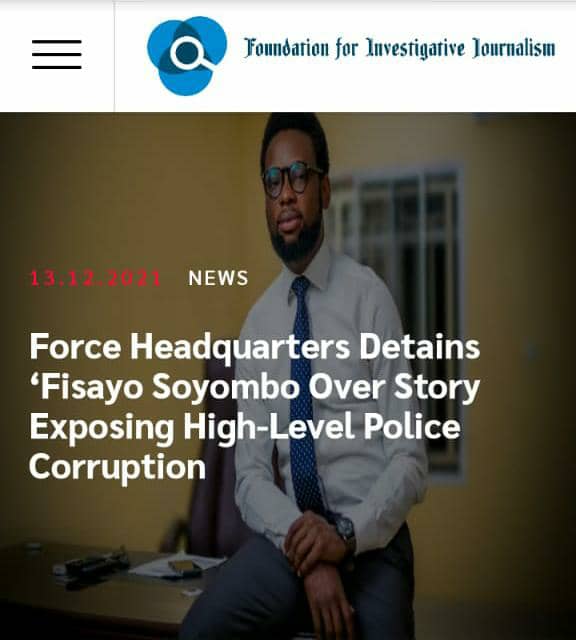
Many other journalists have suffered arrests, and disappeared for publishing truths and holding people in government to account.
For context, RSF captures the Nigerian press problem by saying:
“In recent years, most of West Africa’s violent attacks, shooting deaths and cases of arbitrary detention of journalists have taken place in Nigeria. Fearing for their lives, some journalists flee abroad. Four journalists have been killed since 2019 and there has been no serious investigation to identify the perpetrators. The major protests that shook the country in 2020 also brought on violence against media outlets, some of which were set on fire.”
Subscribe
Be the first to receive special investigative reports and features in your inbox.


